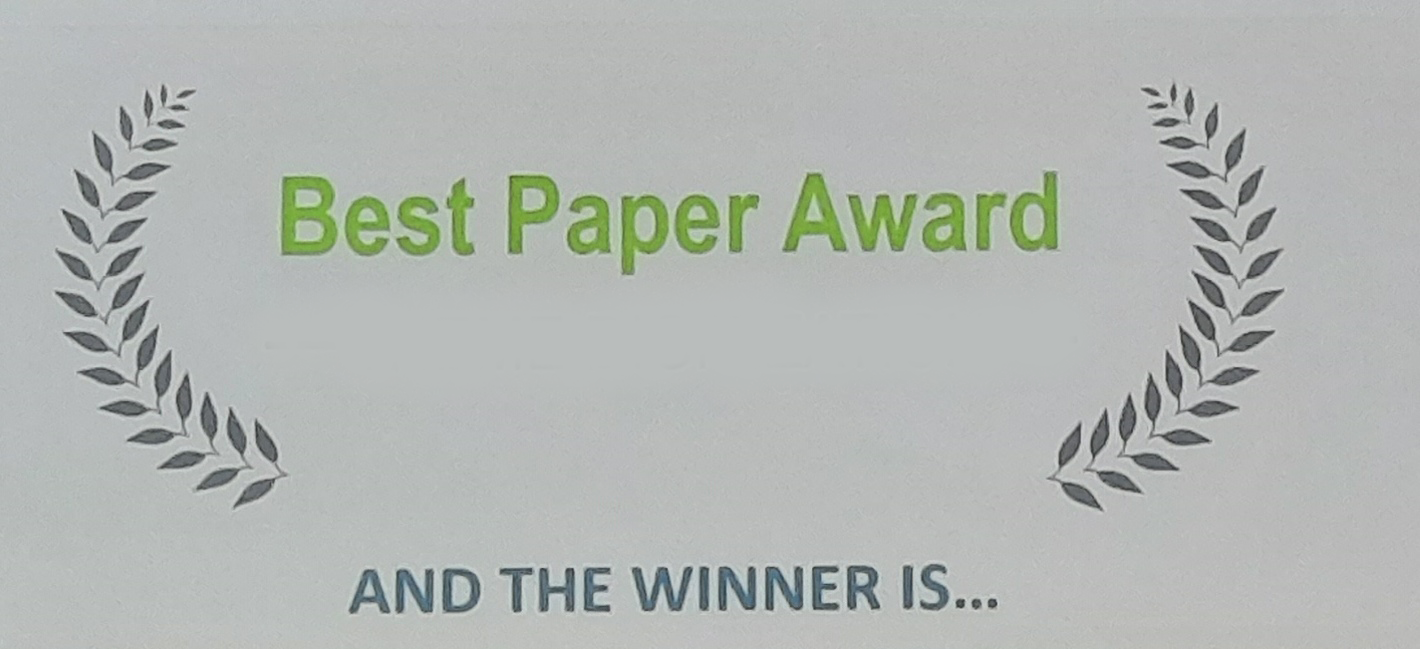Cooling effects on fatigue recovery during summer sleep
DOI:
https://doi.org/10.34641/clima.2022.312Keywords:
Sleep, cooling use, fatigue recoveryAbstract
Sleep quality has been difficult to maintain recently, particularly for urban residents. This study investigates effects of cooling use on fatigue recovery during sleep for dwellings and residents with various attributes. Measurements of sleeping room thermal environments and questionnaire surveys were conducted for 188 Osaka apartment residents on 765 nights during four summers. Each resident recorded bedside air temperature and humidity and kept a diary reporting occupation of sleeping rooms, sleep, and cooling use at intervals of 30 min for seven days. Subjective sleep quality by the OSA sleep inventory was recorded every morning. Residents evaluated their dwelling environment and constitution and consciousness. Sunshine, sunlight glare, heating efficiency, outside air clearness in items of dwelling environment and heat tolerance, cold tolerance, circulation and stress in items of constitution were related directly to sleep quality. Data were divided into two categories for each item. The mean outdoor temperature during sleep was higher and lower for over and under 27.3°C, which was the median value. Results indicate the following for dwellings with high thermal insulation: a) when outdoor temperatures were higher, fatigue recovery scores were higher for 'not sunny', 'not cooling efficient' and 'not clear outside air' dwellings, with 'low heat tolerance' residents using cooling and higher scores for 'sunny' dwellings and 'good circulation' residents without cooling; b) when outdoor temperatures were lower, fatigue recovery scores were higher for 'cooling efficient' dwellings and 'low stress' residents without cooling. For dwellings with less thermal insulation, results showed the following: a) when outdoor temperatures were higher, fatigue recovery scores were higher for 'poor circulation' residents using cooling and were higher for 'high cold tolerance' residents without cooling; b) when outdoor temperatures were lower, fatigue recovery scores were higher for 'not sunny' dwellings without cooling.




